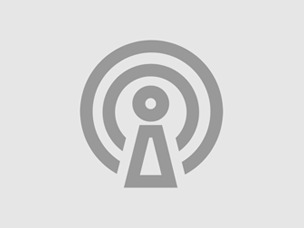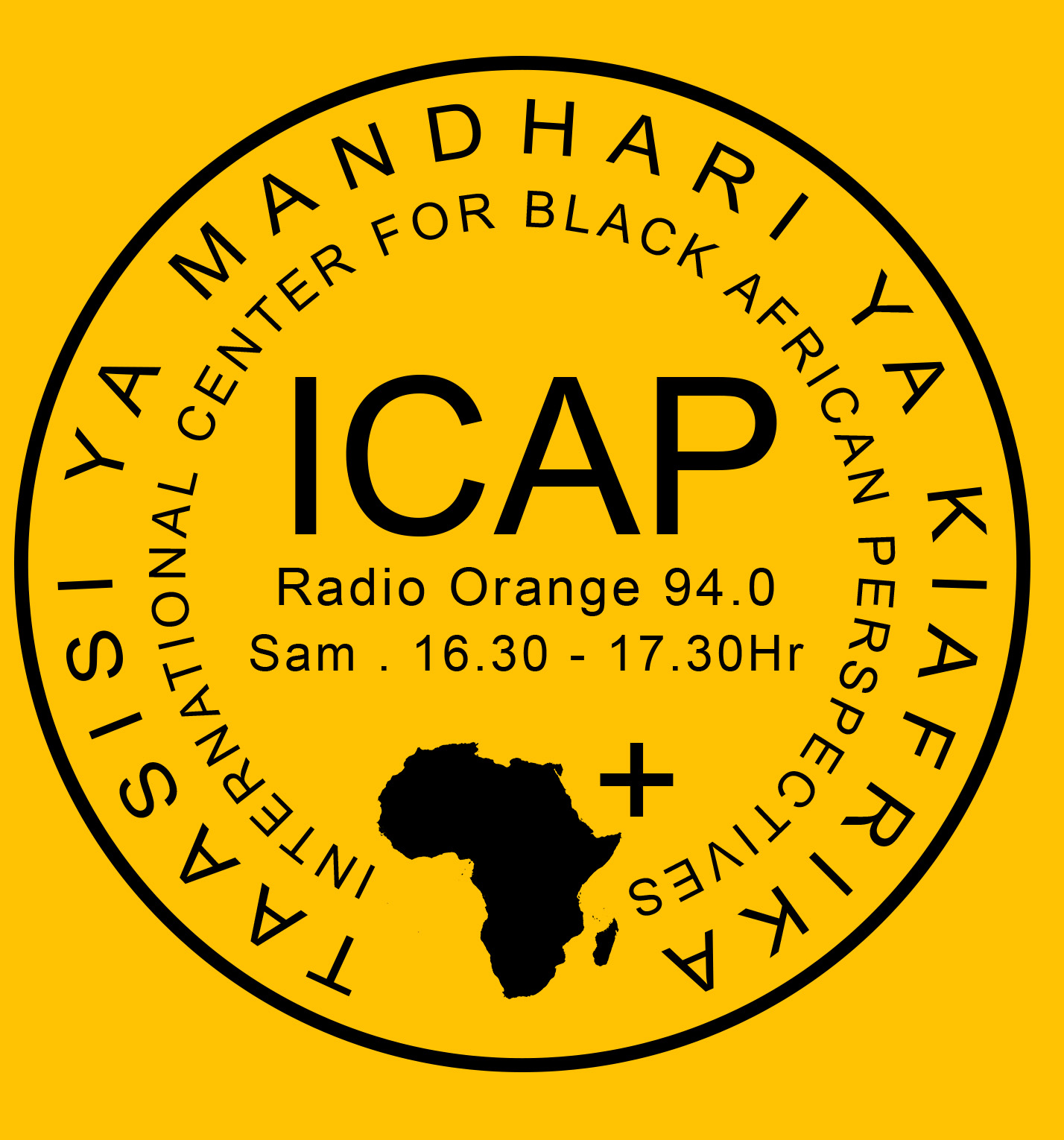Italy vs. Austria Part 2 or Penalties for Self-Proclaimed Rescuers in the Mediterranean Sea
Latest verbal tensions between Italy’s Secretary of State Sandro Gozi and Austria’s Foreign Minister Sebastian Kurz due to the Brenner border
Vienna, 18.07.2017 — Déjà-vus are irritating, just like the latest verbal clash between Italy’s Secretary of State Sandro Gozi and Austria’s Foreign Minister Sebastian Kurz at the EU Council of Foreign Ministers in Brussels yesterday.
Gozi was confronted with accusations and verbal pressure by Kurz at the EU council who repeatedly said that Austria is willing to protect the Brenner border if Italy lets refugees travel unchecked and unmonitored to Austria. Gozi therefore judged the working relationship with Austria as low, pointing to Kurz he said, “It is tedious for us to have to react to every opinion turn every week.” In fact, the discussion point was already positively set during a constructive telephone conversation with Austria’s Chancellor Christian Kern a couple of days ago. The situation at the Brenner is calm momentarily. With a daily arrival of about 25 refugees, the border is considered as being calm. No tank controls needed at the moment. Why these inappropriate attacks from Kurz then? Federal President Alexander Van der Bellen who expressed his deep concerns in a first response, soon reassured: Both countries soon face elections (Austria in October and the Italian parliamentary elections are latest held in February 2018) and people coming to Italy from the Central Mediterranean are the least affected by the Geneva Convention on Refugees and they are the least granted asylum, even if they apply for it. Minister of Interior, Wolfgang Sobotka (ÖVP) sees no need to raise border controls at the Brenner Pass in the nearby future as well, though stressing another topic, namely, accusing non-governmental organizations to cooperate and work directly in the Mediterranean Sea with smugglers and human traffickers from the Libyan coast. «One third of the migrants arriving in Austria this year have not been registered in other EU countries,» Sobotka said. «In other words, they were sent to us by criminal gangs on illegal routes. […] It is important that self-proclaimed rescuers from Europe no longer help with the smuggling, no longer cooperate with the gangs,» the minister pointed out. Of course, no one should drown in the Mediterranean Sea. However, the minister wants to prevent the so-called self-proclaimed helpers from continuing to elaborate in the Mediterranean Sea with penalties.
It seems that this political men choir of Austria is currently competing in threat gestures by fogging the facts. Fact is, on Monday the 28 EU member states have f.e. imposed limits on the export of inflatable boats and motors to Libya to make it harder for smugglers to send refugees and migrants to Europe and to stem the flow of people from Libya to Italy. From now on a ban exists on making phone calls or firing flares, which could signal to traffickers when it is safe to send a boat to sea. The EU has also trained 113 Libyan coastguard members and is planning to train another 75 starting soon … Most of the round 100.000 refugees and migrants who crossed the Mediterranean Sea this year arrived in Italy came from Libya. The rest mainly came from Nigeria, Bangladesh und Guinea.
The journalists of BLM spent an interesting evening with Prof Dr. Friedl Weiß, Expert in European Law and Dr. Jörg Wojahn a representative of the European Commission yesterday. Dr. Weiß precisely felt that it is a shame to produce media hysteria for about 20 refugees a day and Dr. Wojahn added that all the great measures that Austria took like the Red-White-Red Card are somehow useless because there are hardly any people entering Austria.
Dr. Di-Tutu Bukasa, Mag. Sintayehu Tsehay, Gilbert Moyen, Cyril Chima Ozoekwe, Madge Gill Bukasa If you want to join the discussion please call in +43 -1- 319 0 999 – 33











